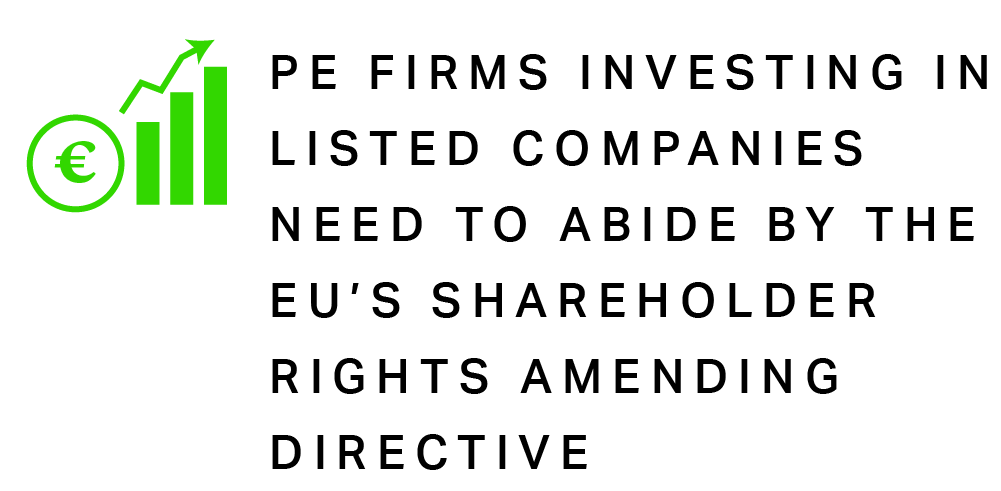Directors’ Duties:
Private Equity Responsibilities
to Portfolio Companies

The coronavirus outbreak and ensuing lockdown measures are presenting significant and wide-ranging challenges for companies. Faced with unprecedented difficulties, portfolio companies are taking steps which, in many cases, are so material that they require either board or shareholder consideration, such as altering the company’s capital structure. For private equity firms navigating the current environment, one question that is particularly relevant, is:
To what extent do they owe duties or responsibilities to portfolio companies, either as controlling shareholders or in their capacity as board members?
Private Equity Firms' Nominee Directors
Of more material concern to sponsors and their investment professionals is understanding the duties owed by nominee directors on the board of a portfolio company.
All directors of English companies (including non-executive, independent or “nominee” directors) owe fiduciary duties to the portfolio company alone. Whilst nominee directors can represent and take into account their nominating private equity firm’s interests when voting or exercising other director powers to the extent that they overlap with those of the company or where shareholders have specifically agreed that shareholder interests may be considered, they are nevertheless subject to overriding statutory duties to promote the success of the portfolio company, to exercise independent judgment and to avoid conflicts of interest.
In instances where a portfolio company experiences financial difficulties, nominee directors continue to owe duties to the company until there is no reasonable prospect of the company avoiding insolvent liquidation or administration. From this point onwards, directors owe duties to the company’s creditors as a whole and are obliged to take every step to minimise their potential losses. In such circumstances, a sponsor nominee director is unlikely to be able to consider the interests of the sponsor, given that the interests of the appointing shareholder will likely diverge materially from those of the company’s creditors.
Under the wrongful trading regime, directors (including shadow and de facto directors) who do not take steps to minimise a company’s losses risk being held personally liable for failing to adhere to this requirement. They may be required to make a personal contribution to the company’s assets and be subject to a disqualification order.

These exceptional times have led to an easing of some measures.
In late March, the British government announced that it would temporarily suspend the offence of wrongful trading by directors of UK companies.
This move is designed to enable directors of financially distressed portfolio companies to continue trading during the Covid-19 pandemic and to incur additional debt (including through government funding programmes) without the threat of personal liability should the company ultimately become insolvent. Other insolvency offences however, including fraudulent trading, remain unchanged and sponsors should seek advice at an early stage.
Michael J. Preston
Partner
London
T: +44 20 7614 2255
mpreston@cgsh.com
V-Card
Gabriele Antonazzo
Partner
London
T: +44 20 7614 2353
gantonazzo@cgsh.com
V-Card
Michael James
Partner








